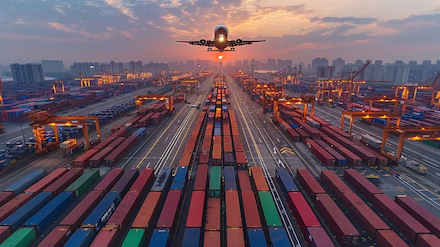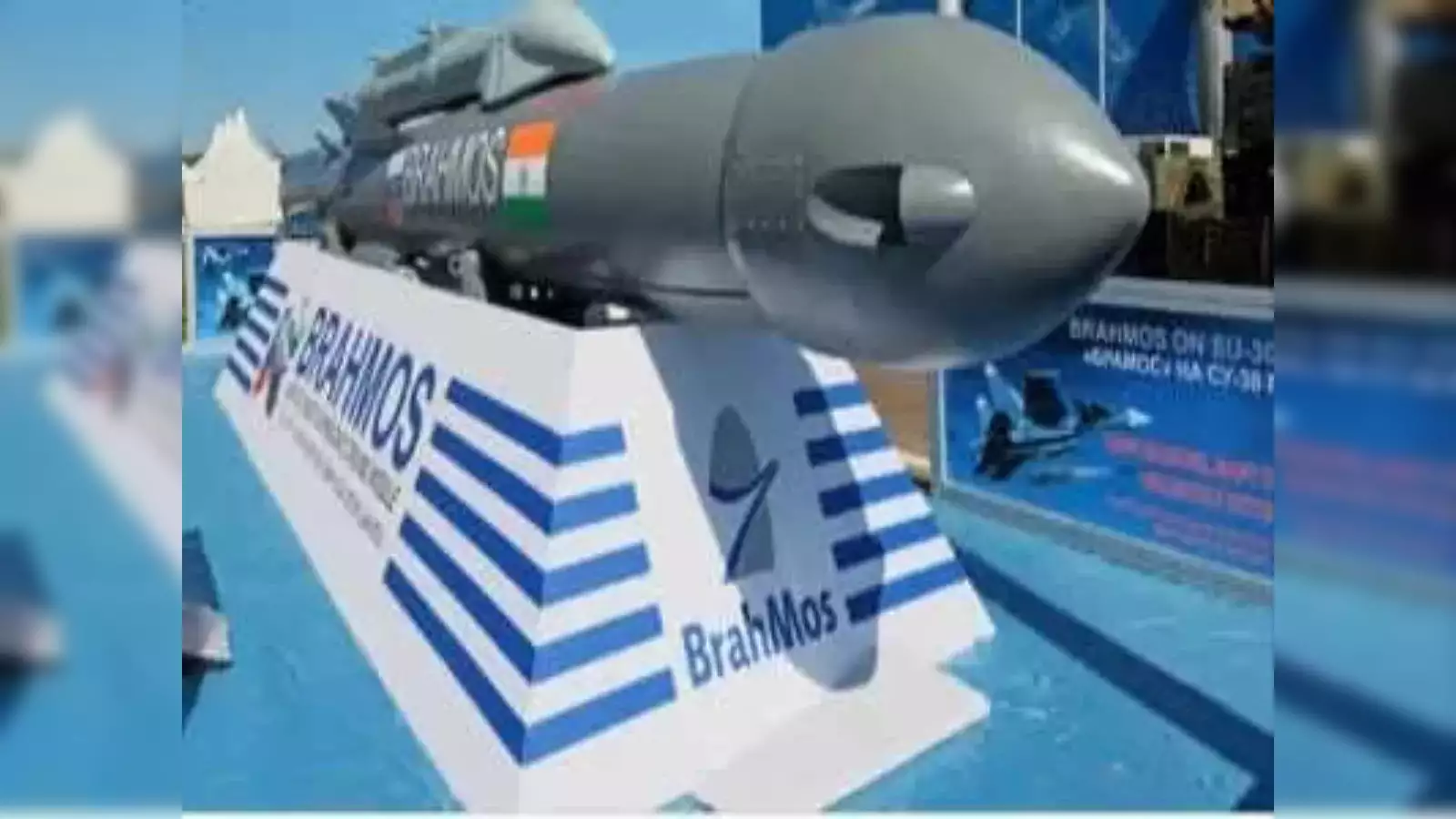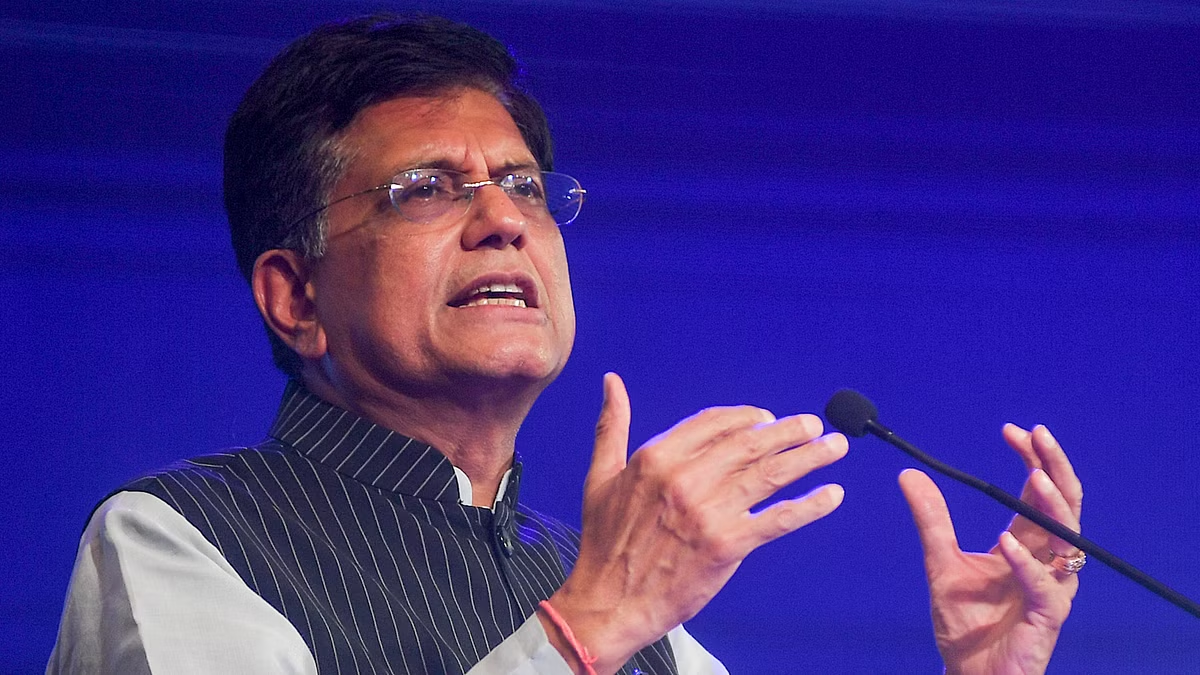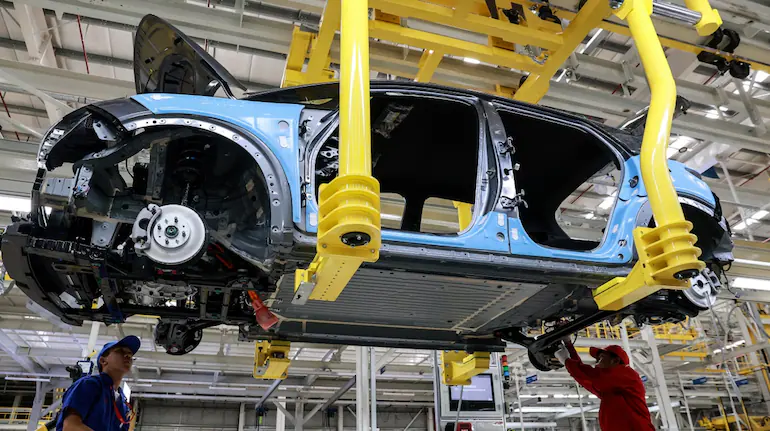Share
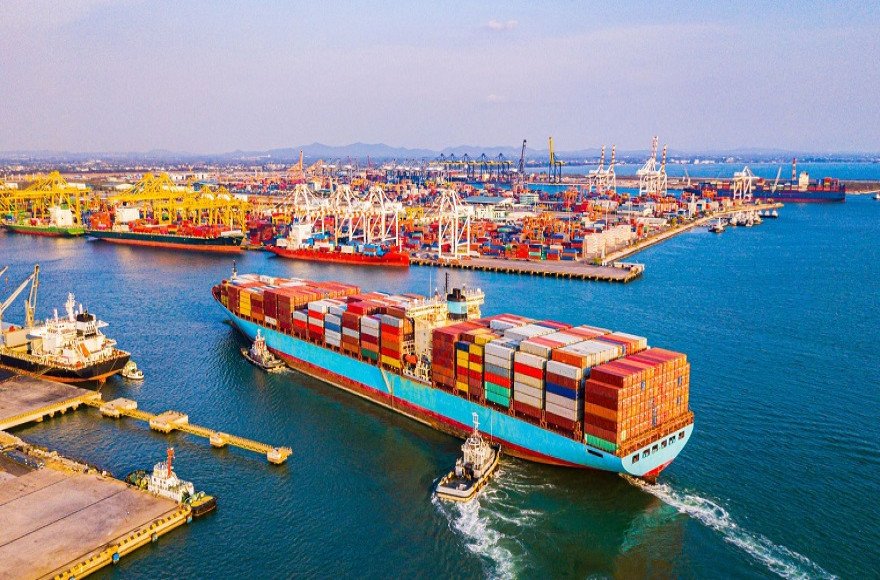
In a bid to find a long-term fix to unrelenting geo-political concerns, Indian engineering and capital goods firms are looking to ditch foreign suppliers and plan to collaborate with Indian entities instead. Executives from these companies termed it an attempt to secure supply chains and cut down the transit time. If it works, one need not go to Europe, according to heavy engineering and L&T Valves with Larsen & Toubro. It was referring to an investment that L&T is making on research and development and other certification to develop a special grade of steel in India, along with ArcelorMittal Nippon Steel (AMNS India). Multiple trade routes, particularly those that connect India to the European market, have been facing time overruns owing to the Red Sea crisis. Trade activity and global supply chains have been under pressure for more than three years now. It is an issue that engineering firms are now trying to fix. L&T is one of the companies that is either building partnerships with Indian arms of foreign suppliers or asking suppliers to set up shop on Indian soil.
Manoj Nair, national head – industrial EPC business, Sterling and Wilson, noted, “We procure a lot of products from various sources such as specialized fire-fighting systems, which were imported from Europe. However, currently major components of the same system are being procured from indigenous sources, thereby eliminating global supply chain risks. This is reducing costs and maintaining quality standards.
Me. Nair said his company is also in discussion with other European and North American supply partners, encouraging them to establish a manufacturing base in India. KEC International has also adopted a similar approach. Vimal Kejriwal, managing director and chief executive officer said it helps to minimize the physical movement of products through international trade routes. It thereby reduces exposure to geo-political concerns and also enhances the operational efficiency and responsiveness to market needs. Many of the company’s European suppliers and partners, such as ABB, Hitachi, Schneider, and Siemens, already have a significant presence in India. They are collaborating with them to develop products tailored to the Indian markets. These are currently served in markets like China, Europe and the US. The nudge has seen some early success. One of the company’s major South Korean partners has not only established a plant in India but has also scaled up operations to meet KEC’s 100% requirements. They include local requirements for parts and components.
On certain forging and castings of a certain size, Europe remains a preferred supplier. This has now been an ongoing discussion in India for the last 15-20 years. However, we are willing to experiment but our end customers in many cases still do not have the confidence that Indian suppliers can deliver,” Vivek Bhatia, MD and CEO for Thyssenkrupp Industries India, said. Some like L&T are also attempting to increase domestic production, not just as clients but as suppliers too. It is noted that many Indian small forging manufacturers were importing ingots as their raw material. Companies like L&T source from these Indian manufacturers. Connection with Siemens Energy can make the ingots at the forging shop. Now everybody is trying to have a secure supply chain.
Related Posts
SEARCH SMECONNECT-DESK
RECENT POST
- Finance Minister Boosts MSME Lending with Rs 1.5 Lakh Crore Increase in Public Sector Bank Targets for FY25
- Golden Visa Shake-up: Spain, Portugal, and Switzerland Phase Out Schemes While Hungary Reintroduces Residency Pathways
- Bank of Baroda Expands Branch Network and Strengthens Retail, Agriculture, MSME Focus
- PSBs to focus on accelerating pace of lending to agriculture & MSMEs
- Agricultural exports flat in first half:



